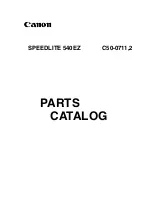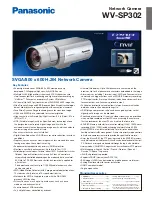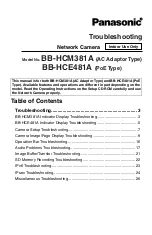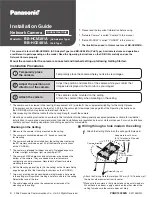
Image data flow
226
Goldeye G/CL Technical Manual V4.2.0
Trigger-induced distortion correction
Background
The trigger-induced distortion (TID) is an image artifact that originates from an
influence of the external trigger. The TID occurs only if the two following conditions
are met:
•
The camera runs in IWR mode.
•
The time between the readout of two consecutive frames is smaller than the
sum of readout time and exposure time.
The TID can cause a vertical line glitch and a horizontal step in brightness. The
magnitude of both depends on the camera model and the selected
SensorGain
.
Controlling the trigger-induced distortion
You can control both artifacts by the
TIDC_Mode
feature. It allows to correct both
distortions at the same time, or separately. The correction for both distortions is
switched on by default. You find the feature under
DeviceControl
>
SensorBoardSettings
>
TriggerInducedDistortionCorrection
.
For technical reasons the line glitch correction is disabled or enabled automatically
depending on the image width. For details see
Application note: Using ITR and IWR mode
For details how to use ITR and IWR mode in Goldeye Cameras an application note
Using ITR and IWR mode to maximize the frame rate of Goldeye Cameras is
available online:
www.alliedvision.com/en/support/technical-documentation/goldeye-gcl-documen
tation.html
G/CL-008
G/CL-032
G/CL-033
C/CL-034
When
decreasing
image width, the line glitch
correction is
disabled
from this ROI width on:
152
302
288
288
When
increasing
image width, the line glitch
correction is
enabled
from this ROI width on:
154
304
290
290
Table 141: Activation and deactivation of the TIDC depending on ROI width
i
















































